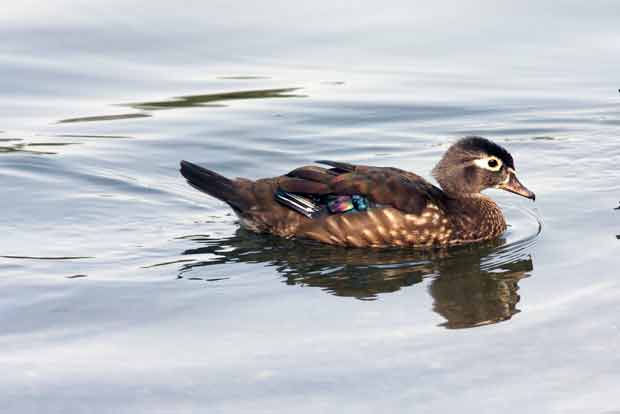“Messenger” is the first poem in Mary Oliver’s Thirst
and I loved it on first reading. Still I was hoping that I would find another poem that I loved more. Heck, I would have preferred that the volume end with the best poem rather than begin with it.
Unfortunately, I couldn’t find another poem that better expressed my feelings about this stage in my life:
MESSENGER
My work is loving the world.
Here the sunflowers, there the hummingbird —
equal seekers of sweetness.
Here the quickening yeast; there the blue plums.
Here the clam deep in the speckled sand.
Are my boots old? Is my coat torn?
Am I no longer young, and still not half-perfect? Let me
keep my mind on what matters,
which is my work,
which is mostly standing still and learning to be
astonished.
The phoebe, the delphinium.
The sheep in the pasture, and the pasture.
Which is mostly rejoicing, since all ingredients are here,
which is gratitude, to be given a mind and a heart
and these body-clothes,
a mouth with which to give shouts of joy
to the moth and the wren, to the sleepy dug-up clam,
telling them all, over and over, how it is
that we live forever.
In fact, my mind immediately went back to this poem when I saw these Wood Ducks at Waughop Lake this week:


If I were starting this blog over today, I could easily use the first line of this poem as my title rather than the line from Roethke’s poem. I might have to substitute the word Rhododendron or Dahlia rather than sunflowers, but I don’t have to tell you that if you’re a regular here.
I’ll admit my ego likes to think I’m at least “half-perfect,” but I’m no longer young, and even I’ve noted that beggars on the street often seem better dressed than I am.
If my photographs have any merit, it is because I am learning to “stand still and learning to be astonished.”
However, a more important reason I’ve hesitated to single out this poem from this 69 page collection is that it’s not exactly representative of a collection that also includes a number of poems that express her sense of loss of her life-long partner.
